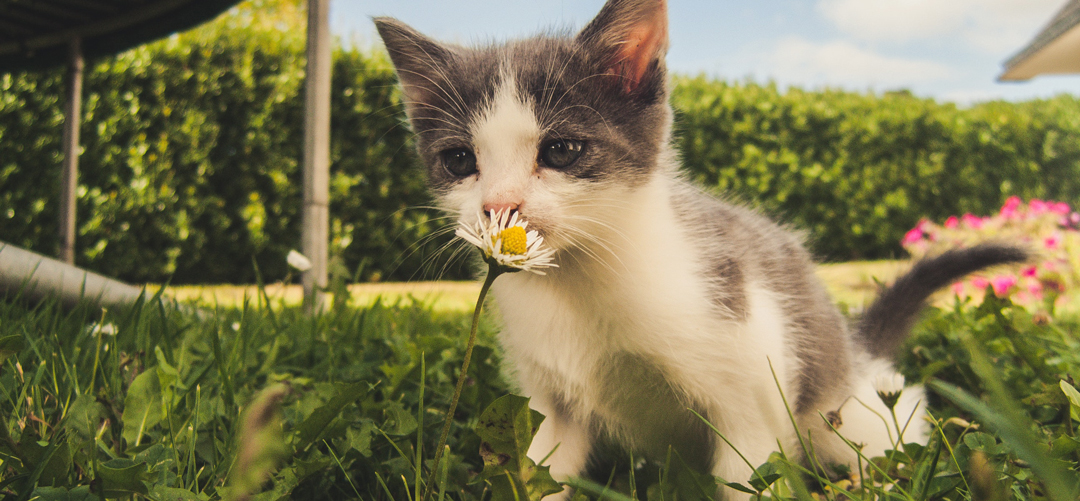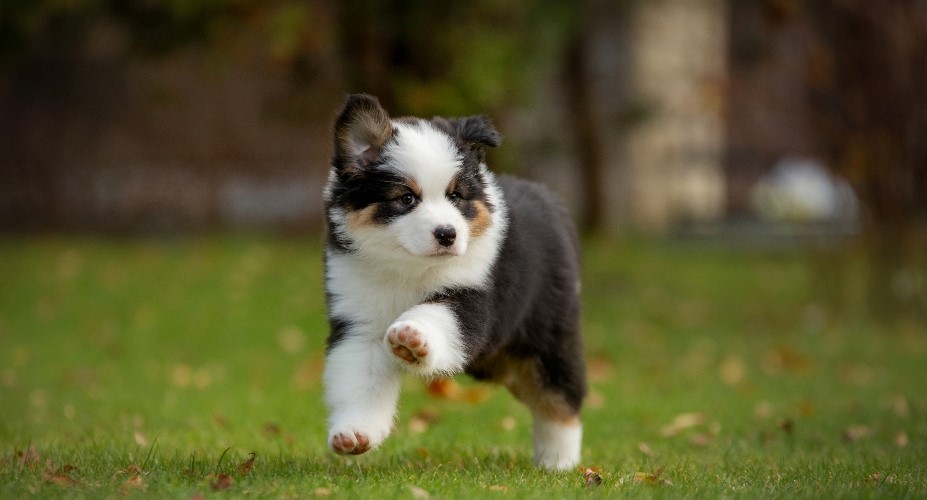Puppy and Kitten Care
Bringing home a new puppy or kitten is such a joy! Give your new pet a great start by making an appointment with us within the first few days. Together, we will develop a healthy plan for your new youngster, providing the best possible care at every stage of your new pet’s life.


Eating Right
High quality puppy or kitten food is necessary for the healthy growth and development of your new pet. Always offer fresh water and never give your young pet table food. Baby animals have sensitive digestive systems that need to be protected. Avoiding table food from the start helps prevent obesity and finicky eaters. Consult us regarding high quality pet foods and treats and an appropriate diet plan for your new pet.
Baby-Proof Your Home
Most young animals love to chew, so eliminate any hazards from their space and provide them with appropriate chew toys. If your young pet is to be left alone for periods of time, find a clean, dry space that is safe—most puppies do well in gated areas or crates, while kittens may need to be closed into a room or rooms that have been made safe for them. Remove any accessible houseplants or chemicals from this area to avoid accidental poisoning and provide a warm, dry bed.
A Social Life
Remember that your puppy or kitten is a baby. Leaving them alone for long periods of time fails to socialize them, so make sure that your baby has company—lots of it! You can never over-expose puppies or kittens to other animals and people. Socializing is critical to avoiding a very shy or fearful pet that may exhibit behavior problems. We do offer resources for training your new pet.
Pet Vaccinations, Medical Care, and Spay-Neuter
We recommend all puppies and kittens not intended for breeding be spayed or neutered at 4 months. This results in a healthier pet that will generally live longer and be a happier companion in your home. We have provided a general schedule for basic puppy or kitten care below. Bring your questions and concerns, along with a stool sample, to your first visit. We look forward to meeting the newest member of your family!
Kitten Schedule
|
6 Weeks |
|
|
9 Weeks |
|
|
12 Weeks |
|
|
15 Weeks |
|
|
1 Year |
|
Puppy Schedule
|
6 Weeks |
|
|
9 Weeks |
|
|
12 Weeks |
|
|
15 Weeks |
|
|
1 Year |
|